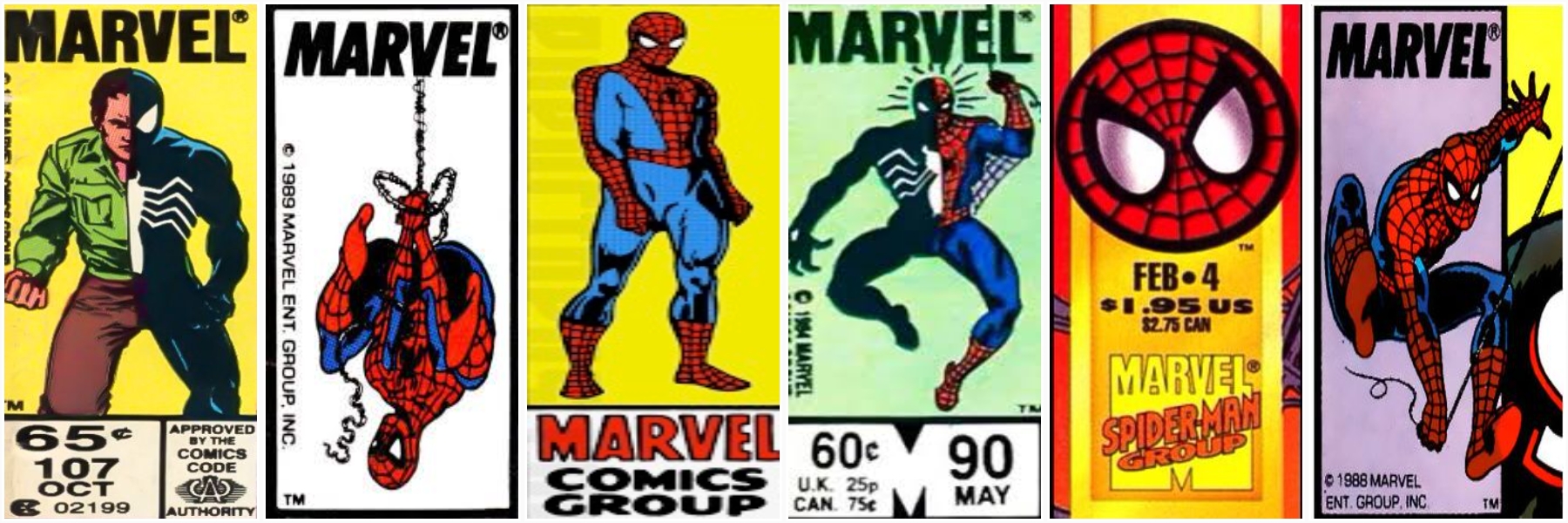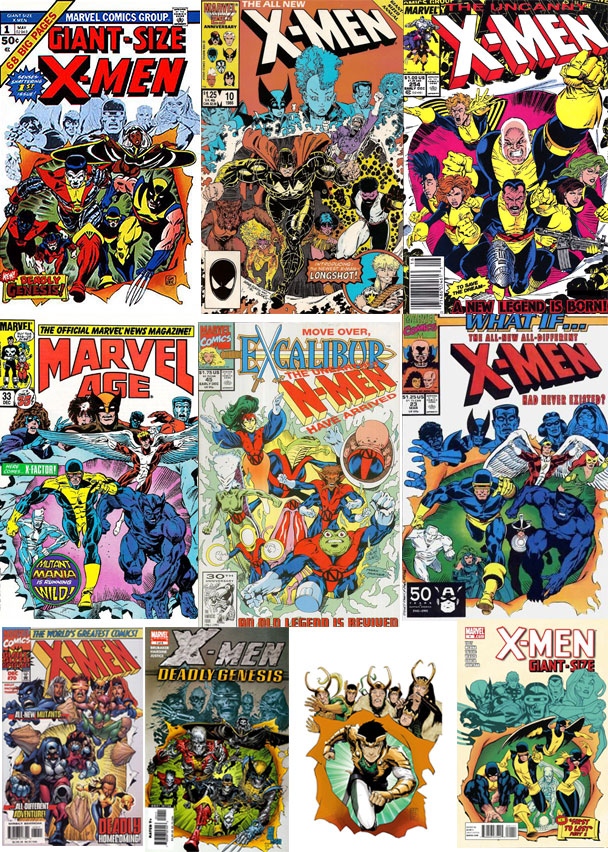
Since 1984, the Criterion Collection has been a major player in the high-end arthouse film market. It began on the now-obsolete Laserdisc format before moving on to VHS, DVD, Blu-ray, and eventually launching its own streaming service. The company has built a strong reputation, with celebrities often praising its selection of rare and classic movies. However, Criterion has not been without controversy or criticism.
In the early 1980s, films were mostly seen during their theatrical releases. For many people living outside major cities, it was nearly impossible to watch classic films by directors like Jean Renoir or Ingmar Bergman. The Criterion Collection changed this by offering quality home releases, including innovative commentary tracks—a feature they helped pioneer.
Despite its reputation, Criterion’s track record has not always matched its claims. Its website emphasizes a “pioneering commitment to presenting each film as its maker would want it seen, in state-of-the-art restorations.” Even when following directors’ wishes, some releases have angered fans. The Wikipedia page for Criterion looks spotless, as if the company were flawless. In videos featuring actors like Willem Dafoe and Nicholas Hoult, stars express excitement about Criterion titles, reinforcing this polished image. Yet, behind the scenes, the company faced a class-action lawsuit for allegedly selling subscribers’ private information from its streaming service. The case settled for $4.5 million without admission of wrongdoing. Users of the service between 2022 and 2024 may be eligible for part of the settlement.

Further scrutiny reveals that the Criterion Collection is not accredited by the Better Business Bureau and has received several complaints within just a few years. The company’s troubles are not new. In the early 1990s, Criterion released a Laserdisc collection of the first three James Bond films that included unfiltered commentary from cast and crew. The remarks were often harsh, targeting Sean Connery and others involved. The collection was so controversial that producer Cubby Broccoli demanded Criterion stop selling it.
These commentary tracks revealed behind-the-scenes stories and criticism that Eon Productions wanted to suppress, fearing damage to the franchise’s reputation. While some view these tracks as valuable insight, others find them excessively negative. Copies of Dr. No, From Russia With Love, and Goldfinger with this commentary are now rare and will likely never be officially reissued.
Releases from Criterion have sparked discussion throughout the film community. Sometimes the company is at fault, other times the issues come from directors’ own decisions. For example, the Criterion streaming edition of The French Connection angered viewers when it was discovered that some expletives had been removed, undermining the appeal of an uncut classic. Audience disappointment came from the fact that these edits seemed to come from an effort to sanitize rather than preserve. The Disney+ cut of the film was likewise edited.

Wong Kar-wai fans experienced similar frustration when Criterion re-released his films according to his updated versions. As reported by Indiewire in 2021, pieces of voiceover were missing from Happy Together due to damage to original film elements, creating mixed reactions. Some fans worried this signaled a trend toward altered arthouse releases similar to the infamous Star Wars Special Editions.
Devoted followers of the Coen brothers also noticed that Criterion’s version of Miller’s Crossing was about two minutes shorter than the original release, without any explanation initially provided. After extensive discussion online, it was revealed that the Coen brothers themselves approved the change.

This is not meant to suggest that Criterion is dishonest or a company to avoid. Many businesses face challenges and criticism, and filmmakers themselves can be the biggest obstacle to preserving their own work. People should understand these complexities and adjust expectations accordingly.
The Criterion Collection may look like a passionate underdog preserving cinema culture, but it operates like any other corporation. While it carries strong brand recognition, in today’s world of digital downloads and restrictive DRM, it remains one of the few organizations committed to maintaining physical media formats. For collectors and film lovers who value physical copies, Criterion’s role carries significant importance, even if it comes with compromises.
***



















 English (US) ·
English (US) ·